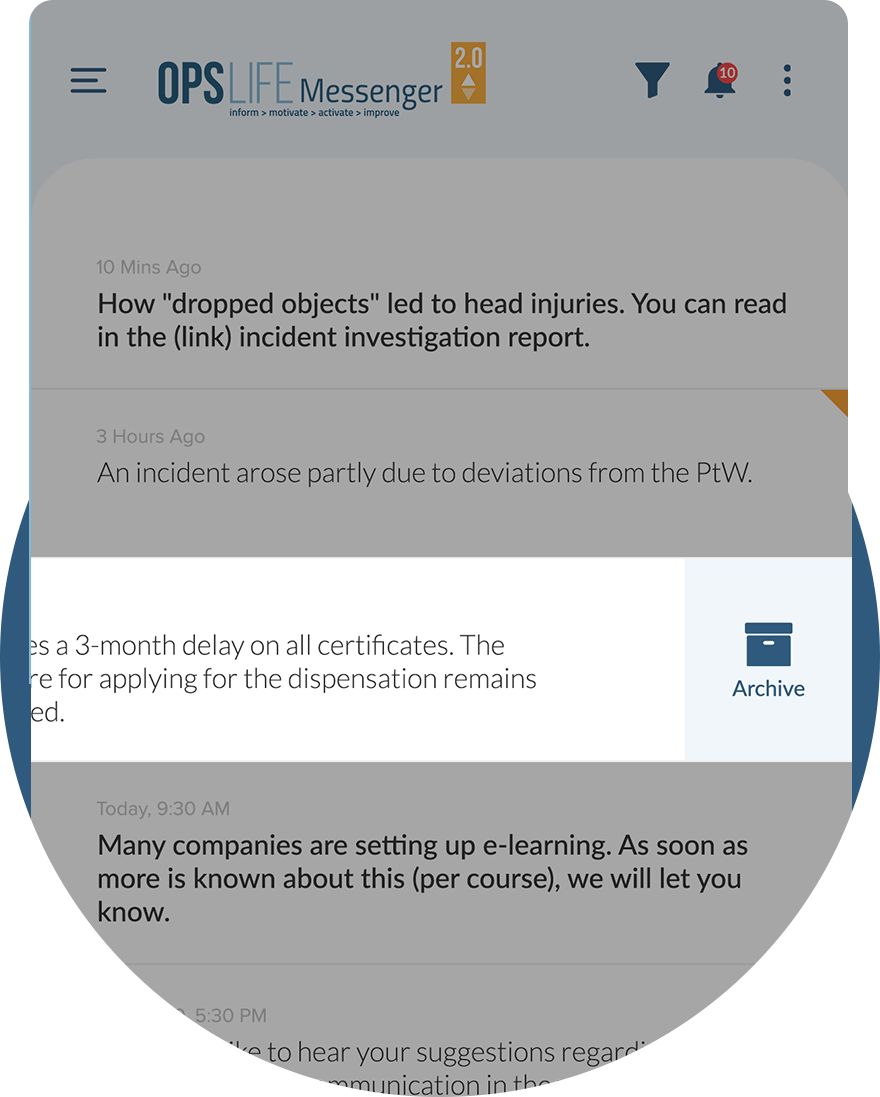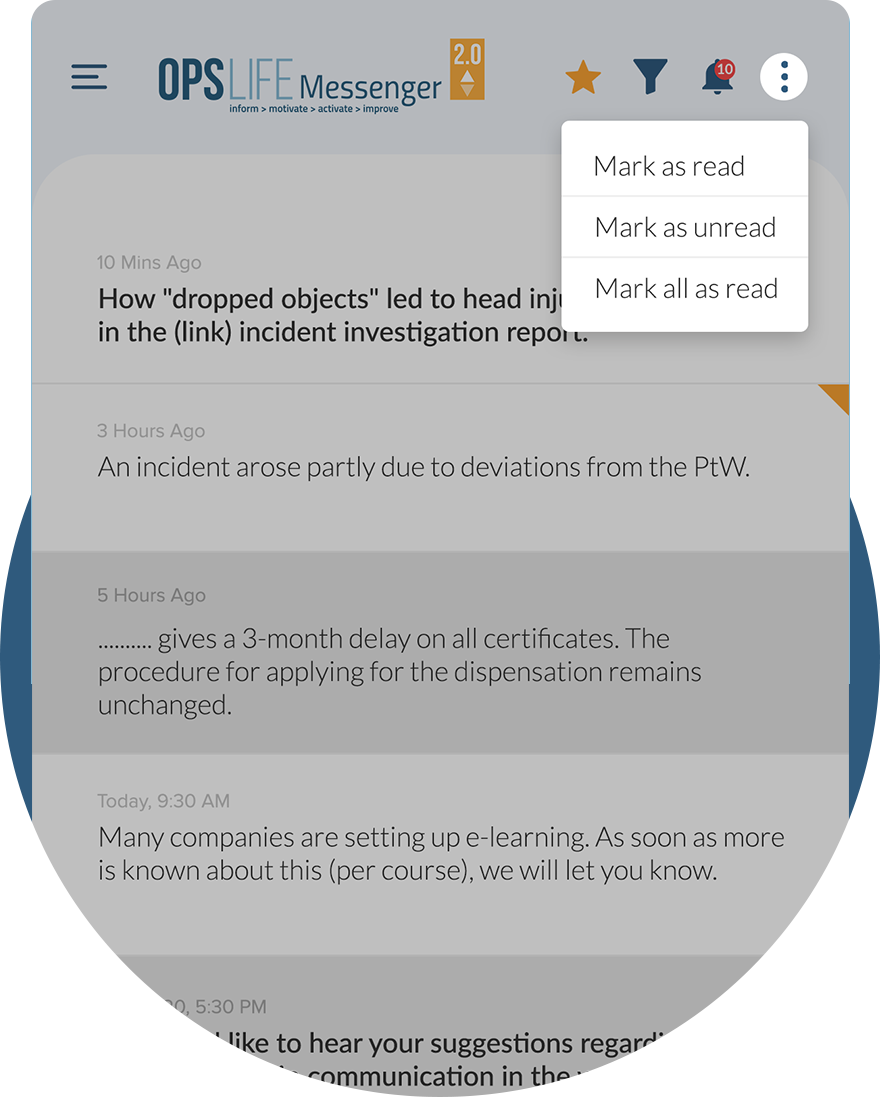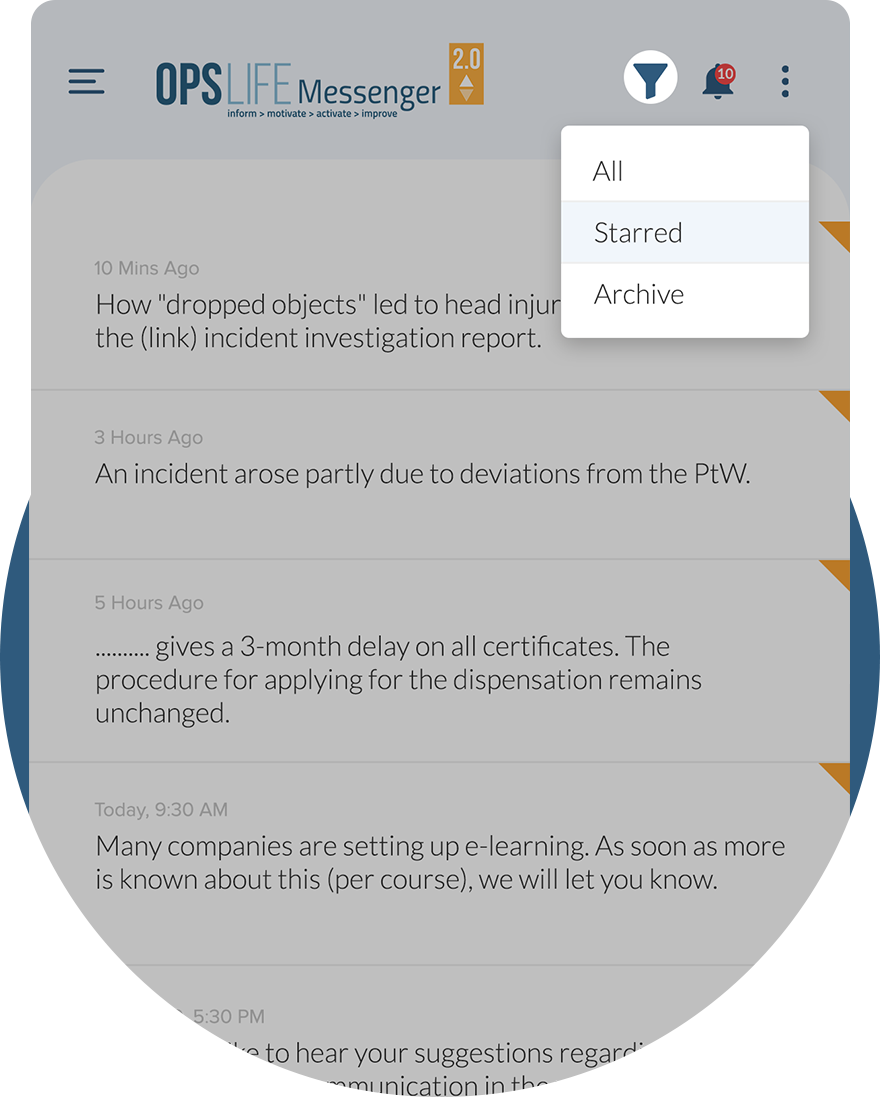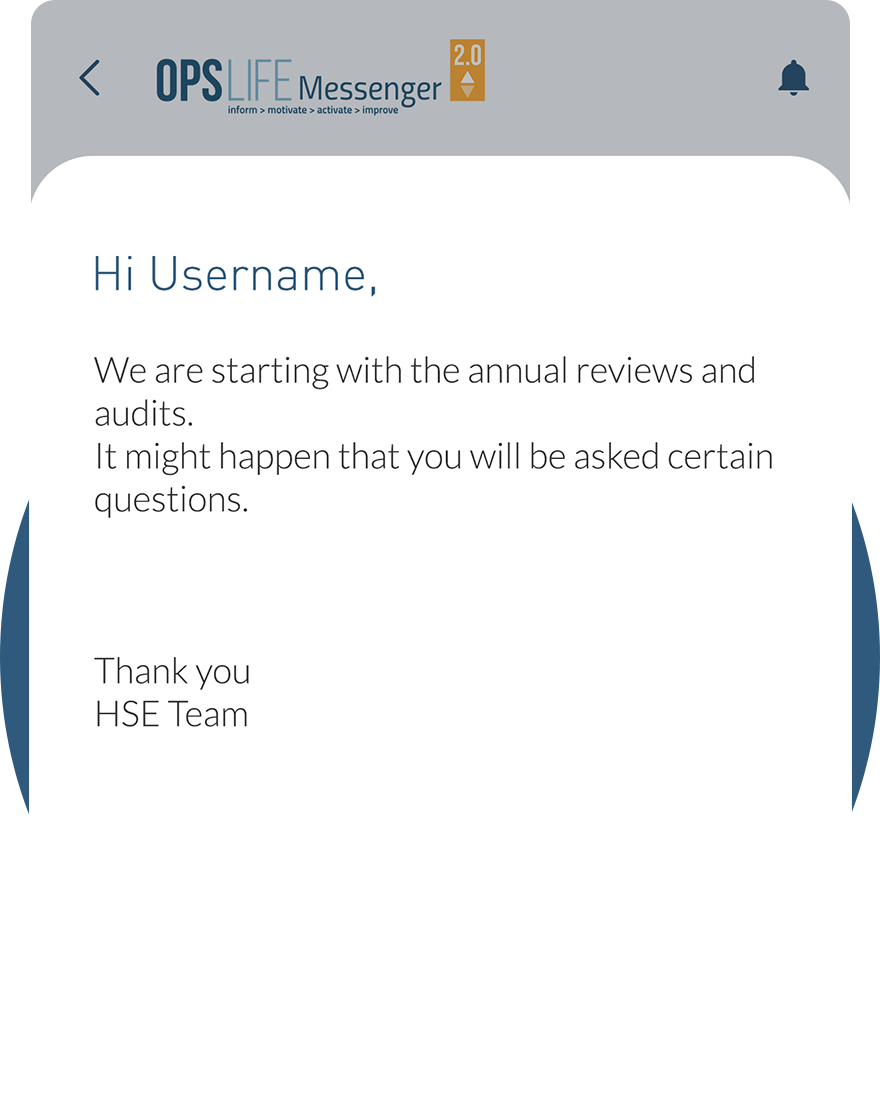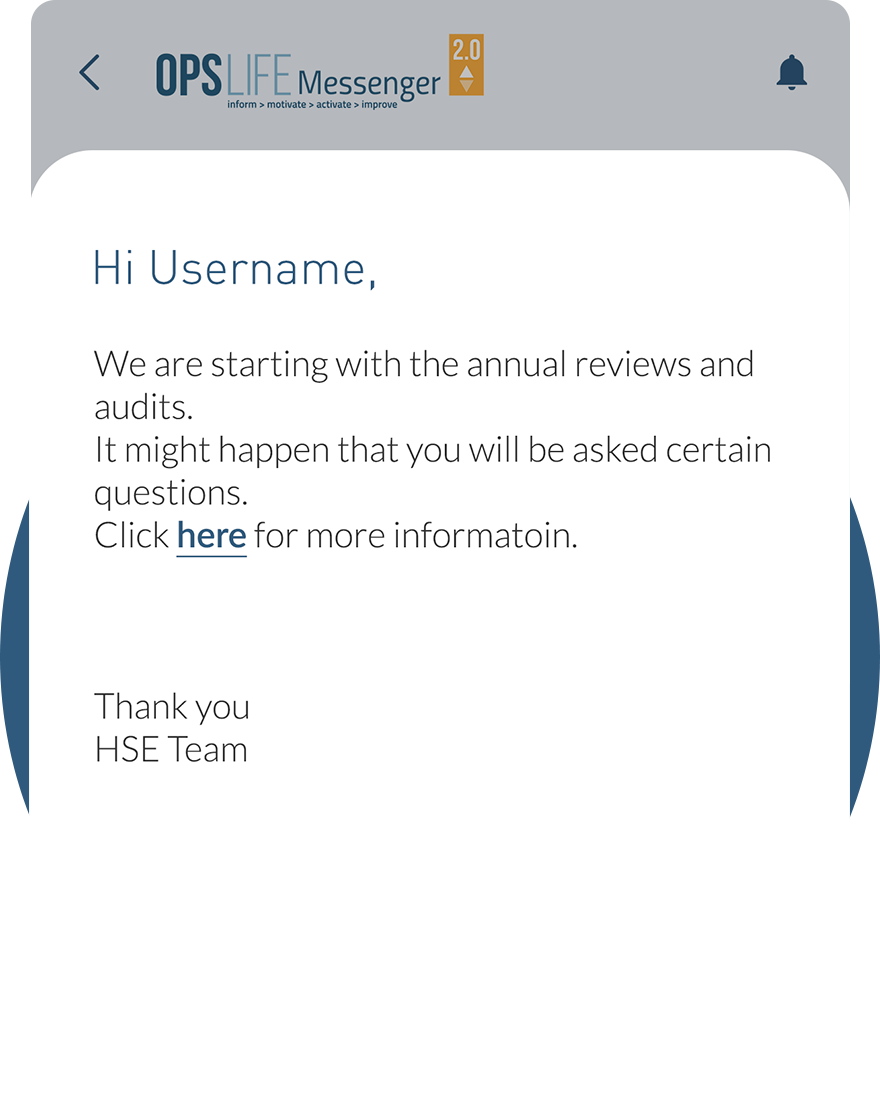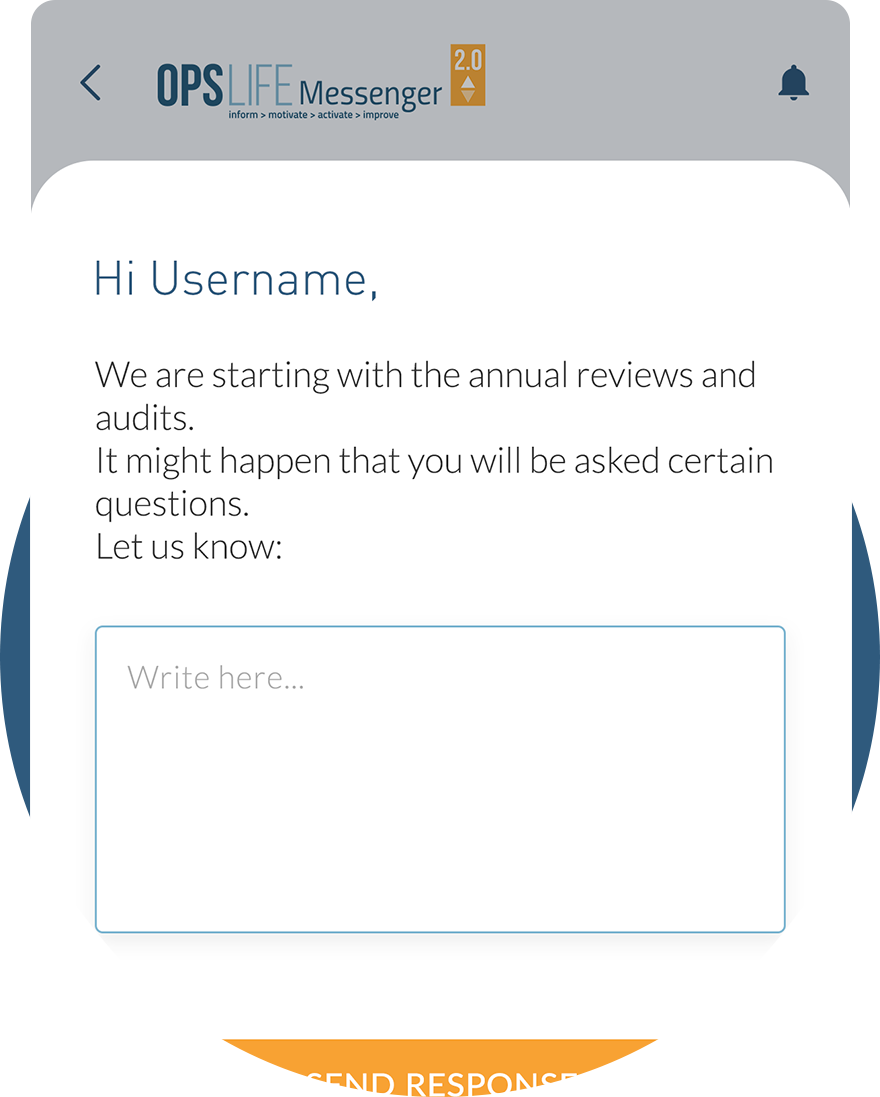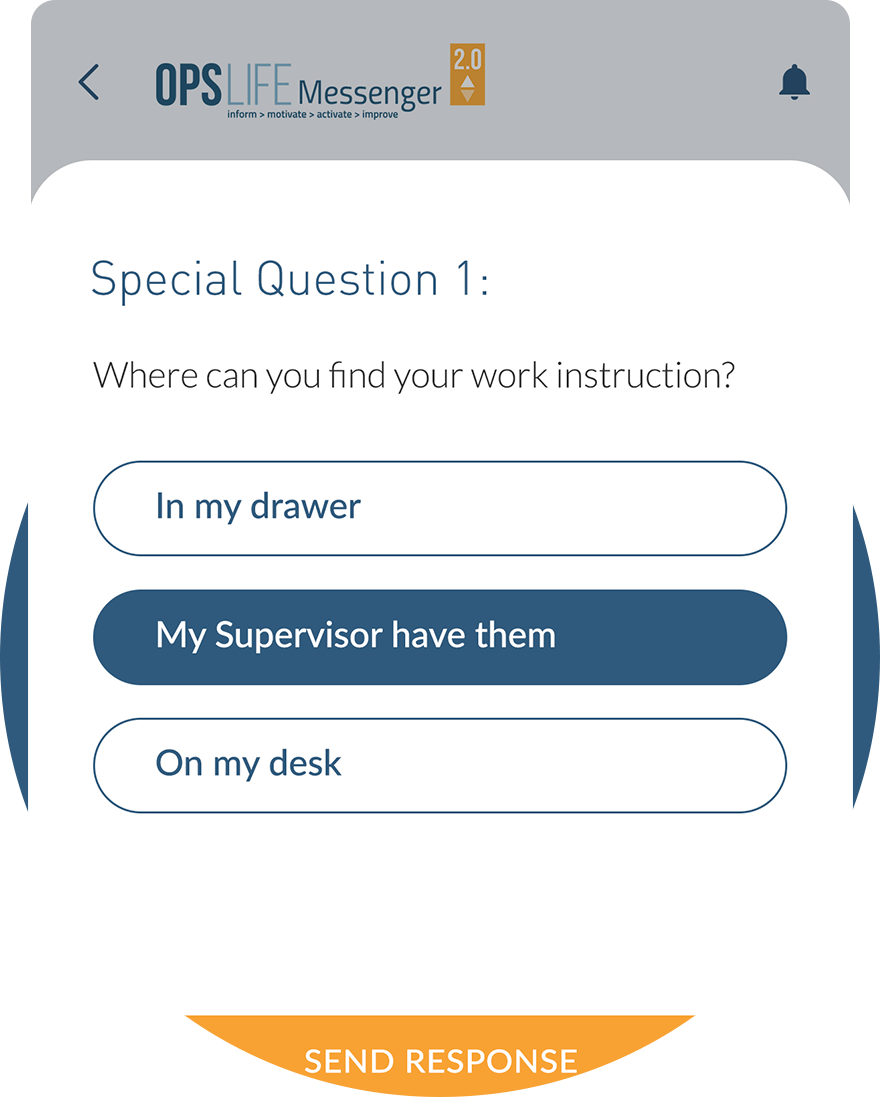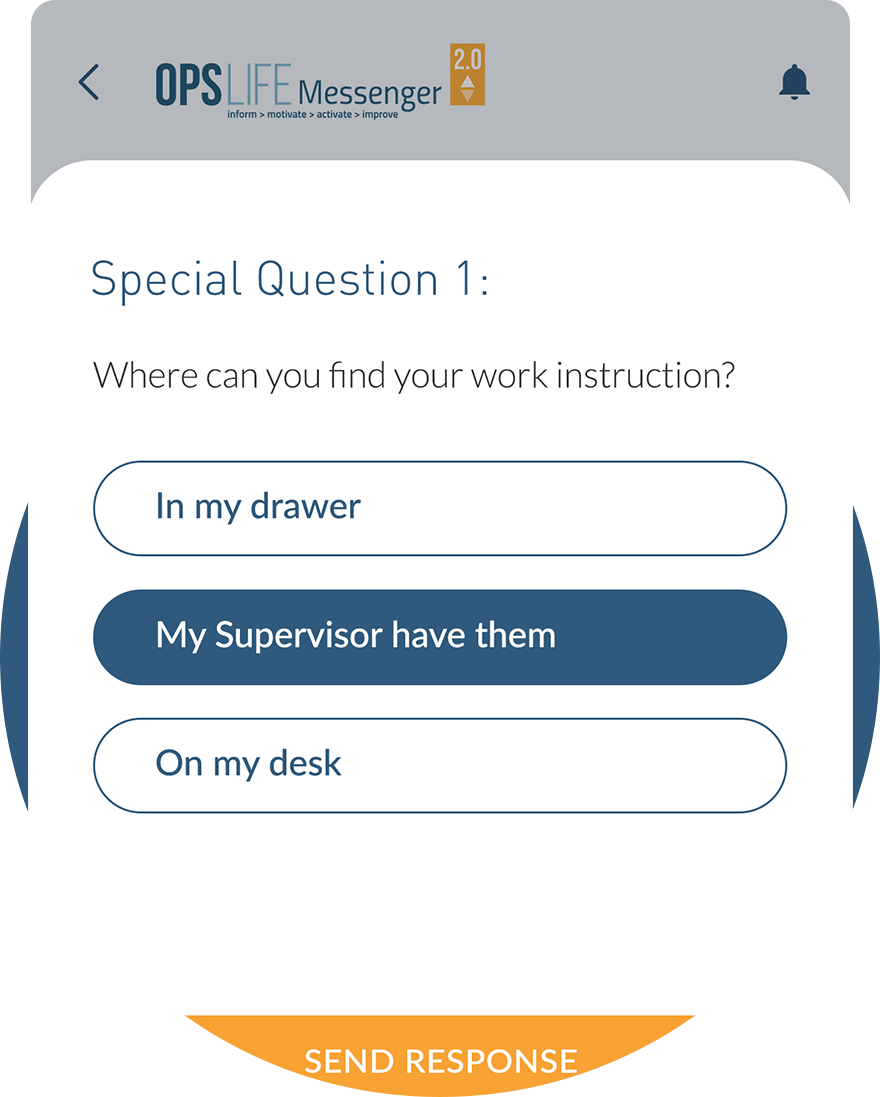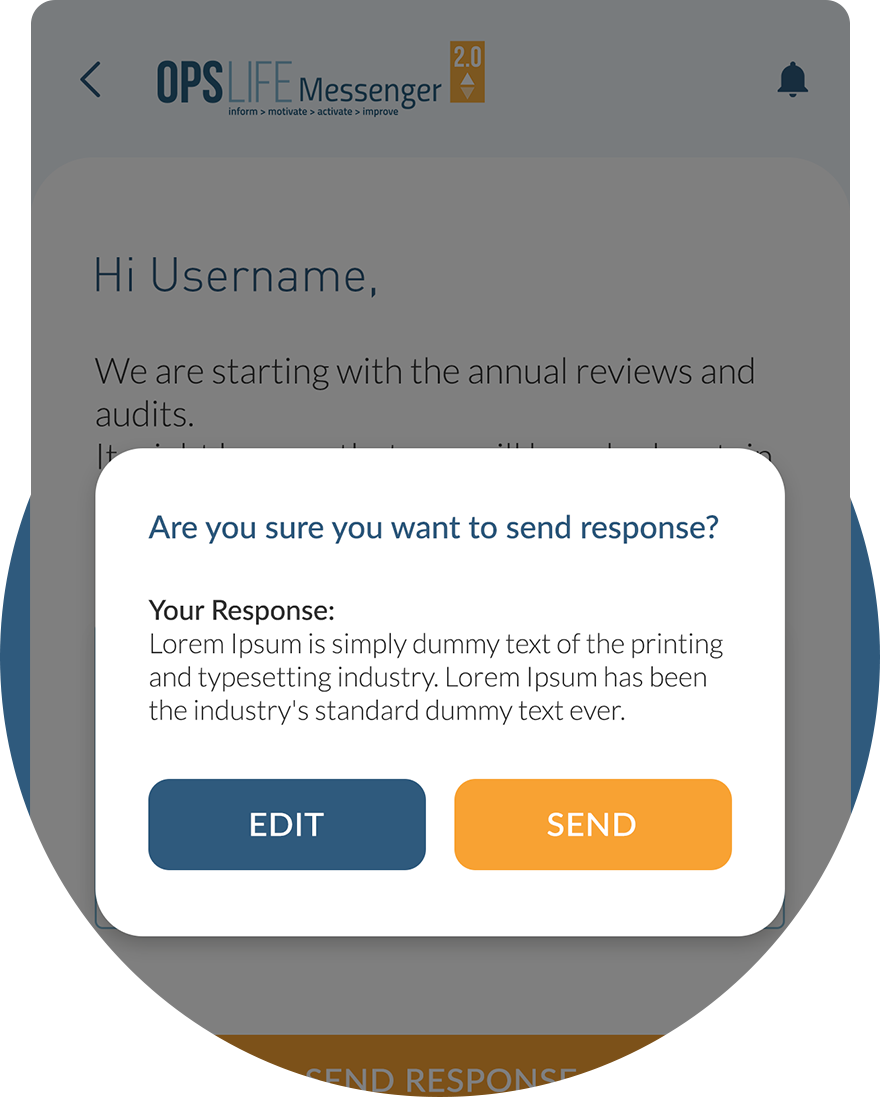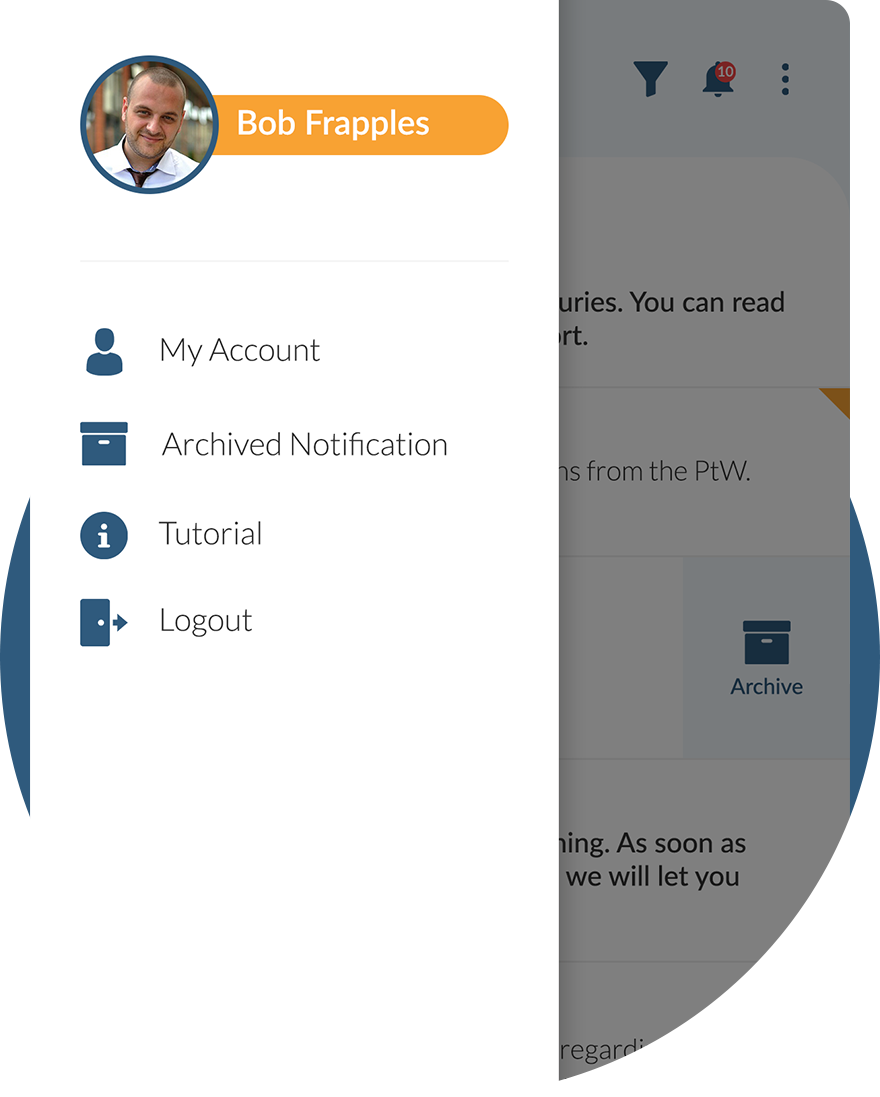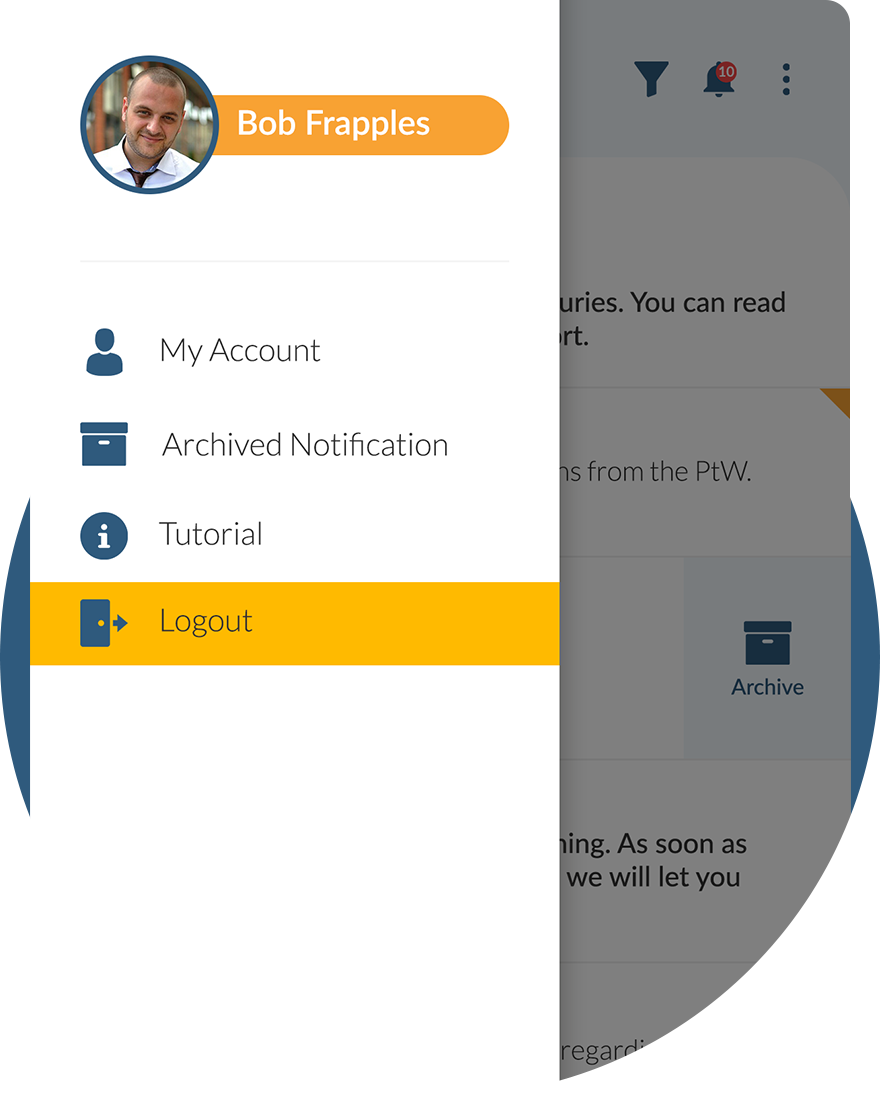Basic HSE information about Taking medicines and set of tools to be used at work.
Taking medicines
- Workplace Information
- Toolbox Information
- Check Your Knowledge
- Action Focus Campaign
IMPORTANT INFORMATION
Of greatest concern are tranquilisers, barbiturates like Valium and Librium, antipsychotics and anticoagulants. You should inform your HSE Manager about any medicine, even aspirin, that you take. In combination with other medicines – including those administered in medical emergencies – even such ‘benign’ substances can have undesirable or unpredictable effects.
- Before starting work, notify your HSE Manager of any medicines you are taking.
- Submit a doctor’s note, if you have one.
- Ensure that emergency and rescue workers are also informed as to what medicines you are taking.
- For your own safety and that of others, take medicines responsibly and only as prescribed, strictly adhering to the directions!
- Some medicines can impair your judgement and/or reaction time.
WHAT IS IT?
Most people have been prescribed medication during varying times in their lives. It is important to advise your workplace when such situations occur. Some medicines can impair your judgement and/or reaction time. Most of us don’t take the time to ask either the doctor or the pharmacist about side effects from the medications we are taking, especially whether these drugs could impair our abilities in any way. It is therefore important that your company is aware whenever you are taking medication.
HAZARDS
Many medicines have undesirable side-effects. In certain doses they can impair your ability to function properly in the workplace. However, that is not the only danger they present. If you have an accident or are taken ill and the medics or first aiders do not know what medicines you are taking, they could make an incorrect diagnosis and give you the wrong treatment. That could place your life in danger.
PREVENTION
When your doctor prescribes a medicine, or if you are buying an over-the-counter preparation from your pharmacy, questions to ask in relation to safety issues at work include:
- are there any asscociated problems with taking the medicine in relation to my current or potential future medical conditions?
- what are the possible side effects, such as drowsiness, and how can I manage these?
- what are the signs and symptoms of serious reactions that I need to watch out for?
BEFORE YOU START WORKING
Whether or not a work activity will be safe depends on various factors, including the nature of your medication and the task to be performed.
Before you start working discuss the medicines you take, and their side effects, with your HSE Manager. This includes prescription and non-prescription drugs, and also homeopathic and herbal medicines excluding off-the-shelf products like supplements).
PROTECTION
General workplace rules:
- know the location where you are going to work
- understand the risks
- identify potential hazards
- deal with potential and actual hazards
- look after your work areas
- reduce workplace stress
- take regular breaks
- use mechanical aids whenever possible
- wear Personal Protection Equipment (PPE) appropriate to the task
- if necessary wear additional Personal Protection Equipment appropriate to the task
- know how to correctly use safety equipment
- stay sober
- never work whilst under the influence of drugs or alcohol, as you are a hazard to yourself and your colleagues
- stay completely alert on the job
IN CASE OF...
Any incident that occurs during work can have a severe impact on people, installations and the environment. Make sure that you are familiar with the right procedure in case incidents occur. If not, ask your company.
Start your daily work with safety!
Onscreen presentation is very useful to use during work preparation or toolbox meetings. It provides short and concrete information. Five questions and answers at the end of presentation can be used to make the meeting more interactive and to give conversation a boost.
Be always prepared for the work!
It is of utmost importance to be well prepared before you start the work.
By clicking on the button below you can check your knowledge about this HSEQ subject.
After completion of the knowledge check, your certificate will be visible in
MY ACCOUNT > My training.
